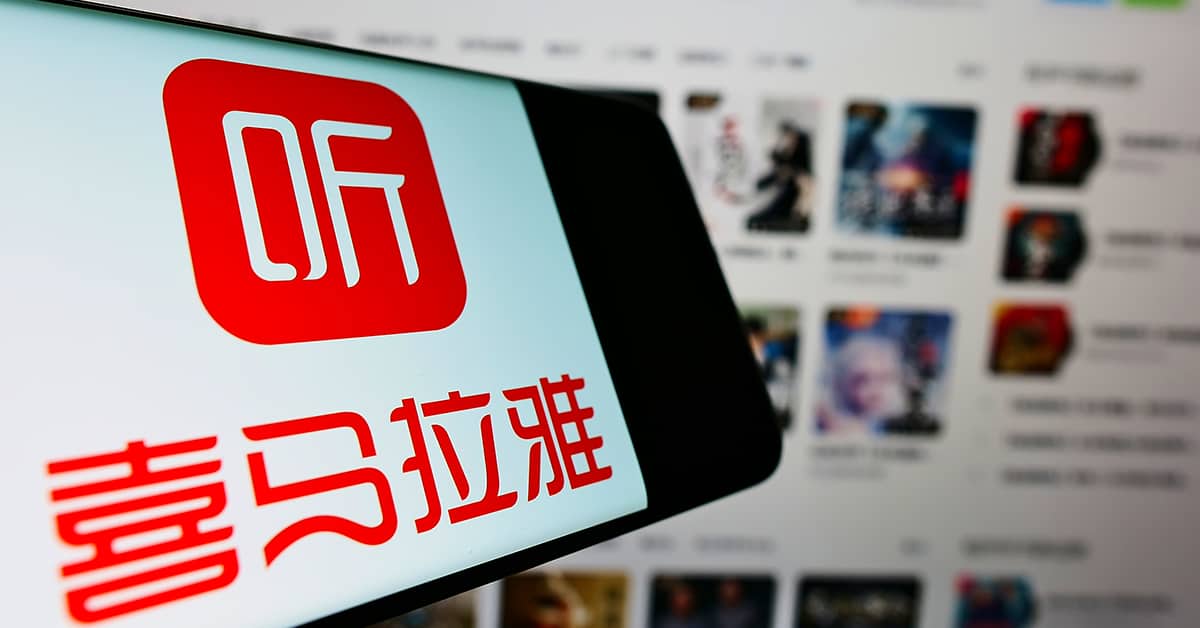China moves to curb the tech sector's explosive growth.

If you want to buy stock in radio and podcast platform Ximalaya or ByteDance, the conglomerate behind the popular video-sharing app TikTok, you’ll have to wait. These are a few of the Chinese tech darlings that shelved plans to launch their IPOs in the US amid Beijing’s regulatory crackdown on the technology sector. The Chinese government is pushing for startups to go public in Hong Kong or the mainland, including the just-announced Beijing Stock Exchange that will soon serve small and midsize enterprises.
It doesn’t help that the US Securities and Exchange Commission adopted a new, though long-threatened rule that will force companies off US exchanges if they flout audit regulations. While the law applies to all foreign firms, China is the only country that has failed to comply with the accounting requirements established by the Sarbanes-Oxley Act of 2002. “But suddenly it is the Chinese government that is pressuring companies not to list in the US,” says University of Florida finance professor Jay Ritter, who is touted in the media as “Mr. IPO” for his expertise. Many firms, he argues, have listed in the US because of the dysfunctional nature of the Chinese IPO market. “For example, when Alibaba went public in 2014 in New York at a price-earnings ratio of 32, it raised $6 billion more than if it had gone public in China, because regulators would have limited that ratio to 23.”
Actions on both sides of the Pacific have had a chilling effect on the roughly 70 firms from greater China and Hong Kong that were in the pipeline for US listings. In the first half of 2021, Hong Kong raised more than $18 billion in IPOs and secondary listings, down from a record $30.2 billion in the second half of 2020.
“The Chinese government appears to be shifting to a policy whereby private sector companies will have to adapt their strategies to satisfy the goals of the government; thus, managers do not have a fiduciary duty to maximize shareholder value,” Ritter says. “This policy change is bad news for shareholders, especially for the big tech companies that benefit from network effects.”



